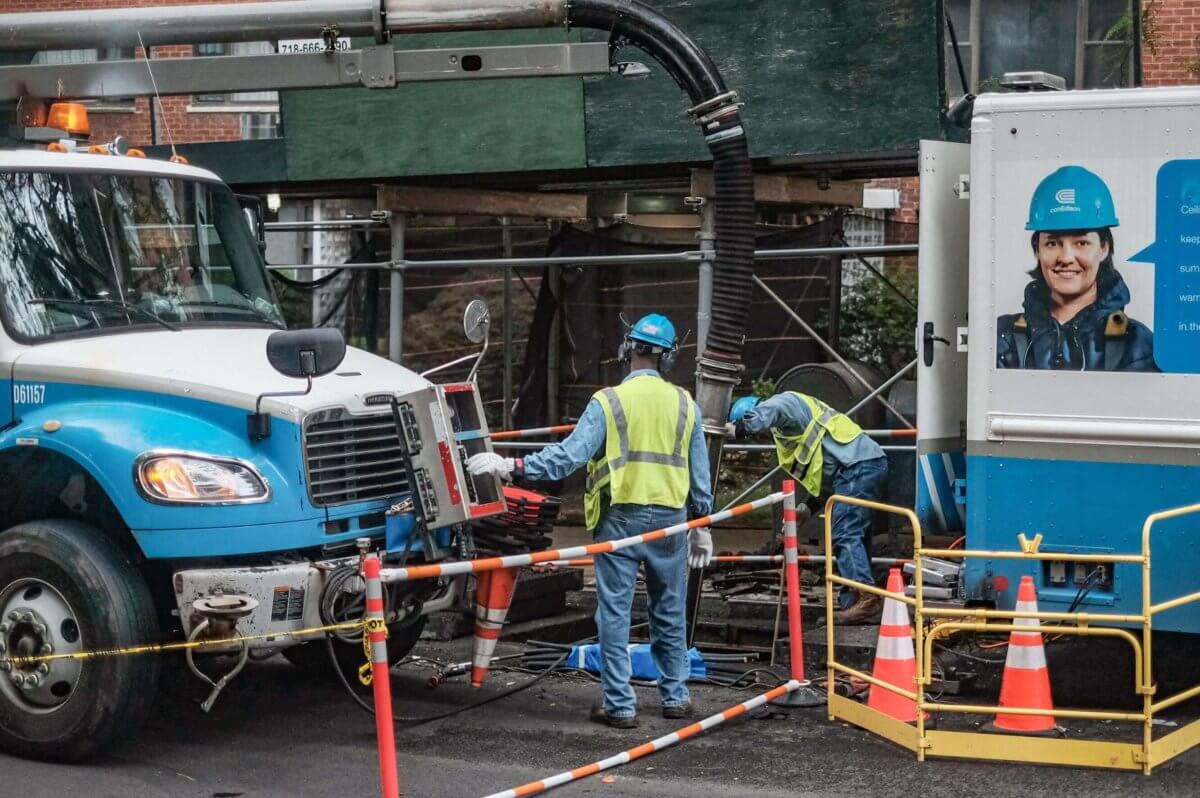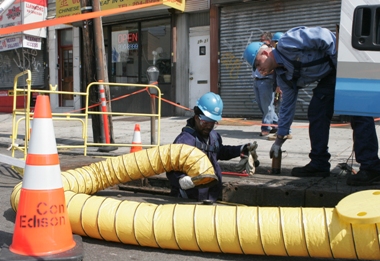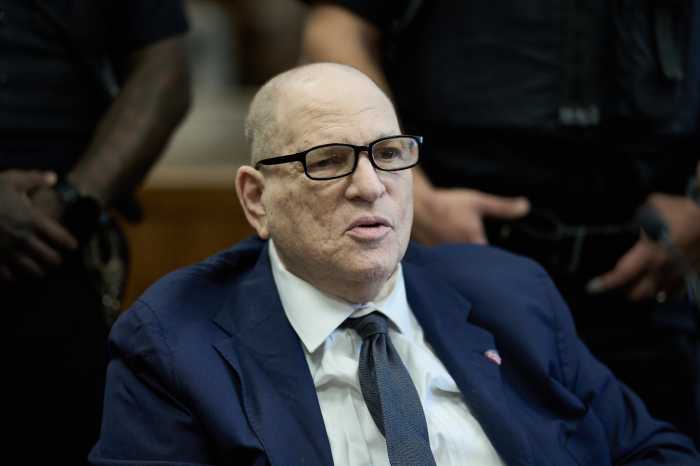Not since the “Astoria Borealis” incident in December 2018 has Con Edison provided this kind of a shock to Queens residents. This time, a substation fire in Astoria is not to blame for causing a high level of alarm across the borough, but rather a stunning rate hike that is reflected in Con Edison customers’ monthly utility bills.
State Senator Michael Gianaris called on state regulators to investigate the spiked supply costs after his office was flooded with concerned phone calls, emails and tweets from residents expressing their exasperation over the shocking rate hikes, with some saying their bills have increased by up to 300%. In addition to urging the Public Service Commission (PSC) to launch a probe into the rate hike, Gianaris once again called for a public power option for New Yorkers.
“The skyrocketing, unexpected costs are hurting New Yorkers’ pockets at an already difficult time,” Gianaris said. “Con Ed needs to answer for this change and help make customers whole. Con Ed’s poor explanation and concerning performance once again show the need for New Yorkers to have public power.”
A Con Ed spokesperson said that the blame was on the increased wholesale price of natural gas used to generate electricity.
“The changes in customer bills are mainly due to the supply costs of the energy commodity. Natural gas is a driver of electricity costs as it is used by generation plants to create electricity,” the Con Ed spokesperson said. “Con Edison does not make a profit on the commodity. We buy the energy on the wholesale market and provide it to customers at the same price we paid.”
This winter, while many are still working from home requiring increased electricity, world events have played a role in higher energy costs including a potential Russian invasion of Ukraine. While the United States has agreed to dip into the natural gas reserves to make up the difference, the market remains unpredictable.
“Energy prices are volatile and can be affected by factors such as weather, demand and economic trends,” the Con Ed spokesperson explained. “The best way for customers to manage their bills is to manage their usage.”
The spokesperson added that customers can learn about energy-saving tips and energy-efficient programs that help them save money at coned.com.
In his letter to the PSC, Gianaris wrote that the regulators must seek answers to why Con Ed’s suppliers raised their costs so dramatically, why consumers were not notified of the rate hikes beforehand so they could plan accordingly and what can be done to reduce the costs during this current billing cycle even if it means subsidizing such drastic increases.
“This is the type of pernicious behavior, and dismissive explanation, that has convinced me and so many others that the time has come to support public power for New Yorkers,” Gianaris wrote. “These increased utility costs are hurting thousands of New Yorkers. Until the Legislature enacts a systemic solution, the PSC must investigate, act and work to provide relief to New York’s ratepayers — now.”
The Con Ed spokesperson countered Gianaris, saying, “We agree that bills have been impacted by the cost of natural gas in the generation of electricity. Con Edison does not generate electricity nor can we manage the financial practices of the private power generators or the suppliers of natural gas. Con Edison is seeking the ability to generate renewable energy in New York state for our customers which would shift our dependence away from natural gas and this volatility.”
State Senator Joseph Addabbo on Feb. 10 joined Gianaris in calling for a probe into the rate hike.
“All week my office has been receiving calls from frustrated and angered residents who are concerned with the large jump in their Con Ed bill,” Addabbo said. “While Con Ed says they cannot control the price of energy from their suppliers, they should know who those suppliers are, if there will be any change in price in the energy they provide, and at least notify their customers of any potential changes. I believe there should be an investigation into the situation by the Public Service Commission to ensure that customers are not taken by surprise by such a large jump in price for a necessary utility, especially when so many residents, workers and businesses are still suffering from the negative economic effect of the COVID pandemic.”



































